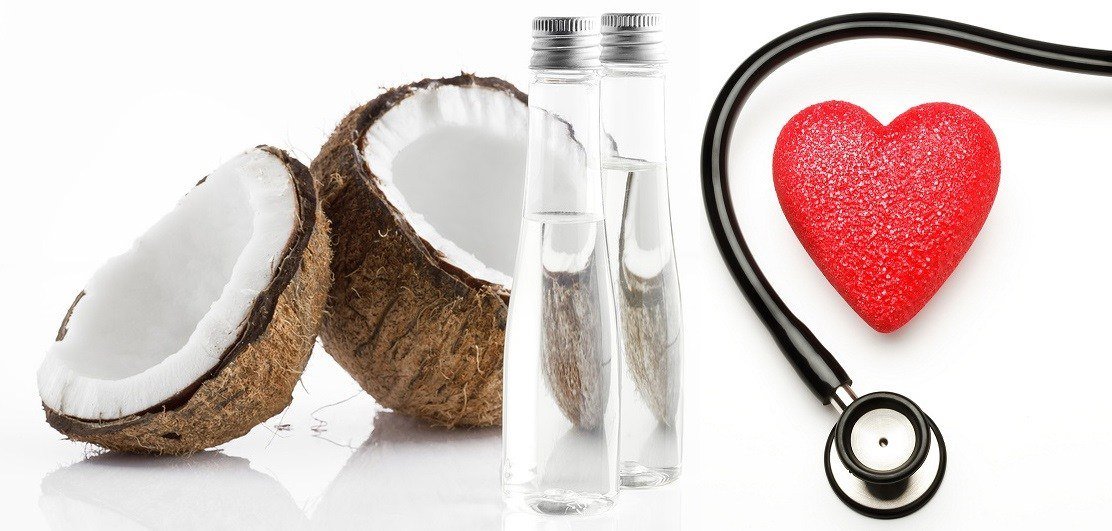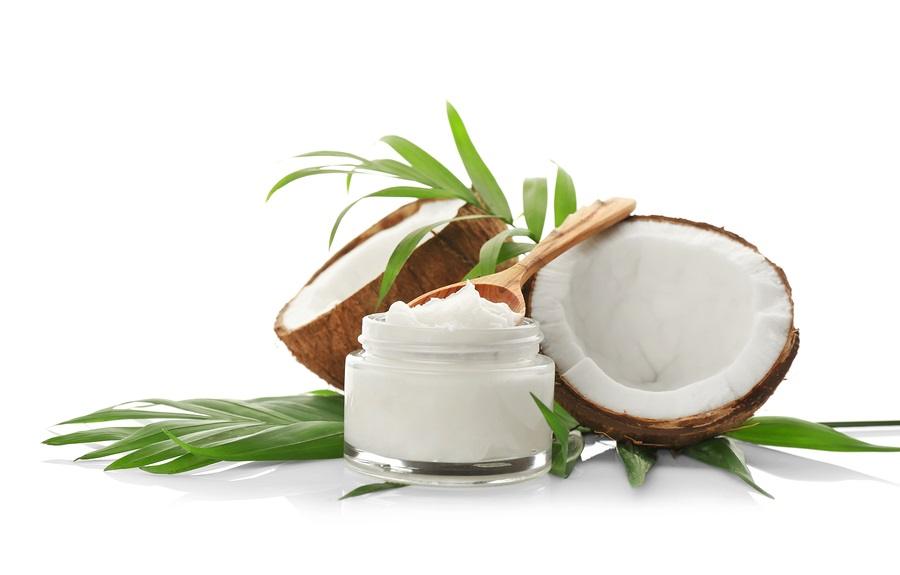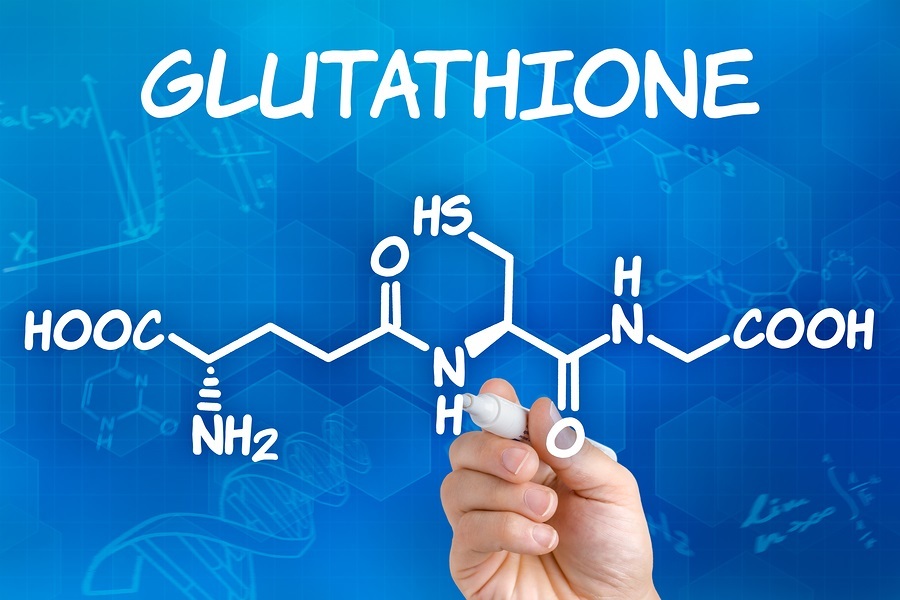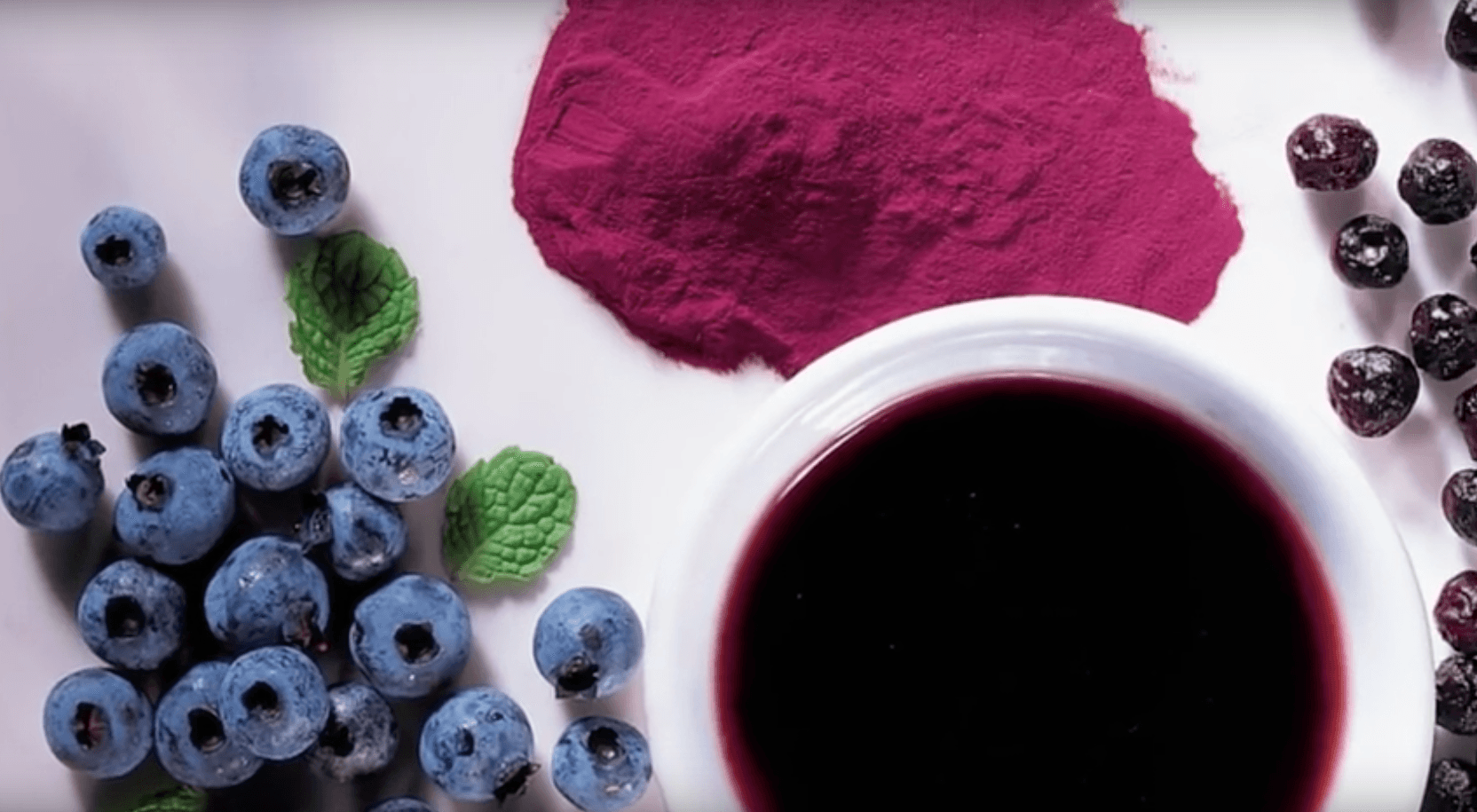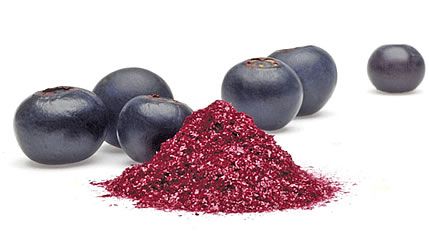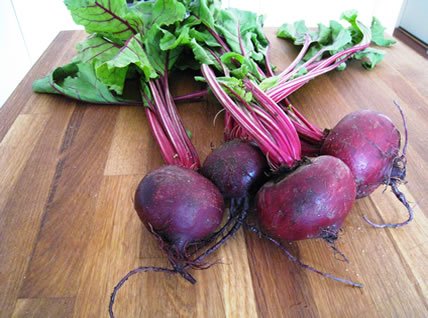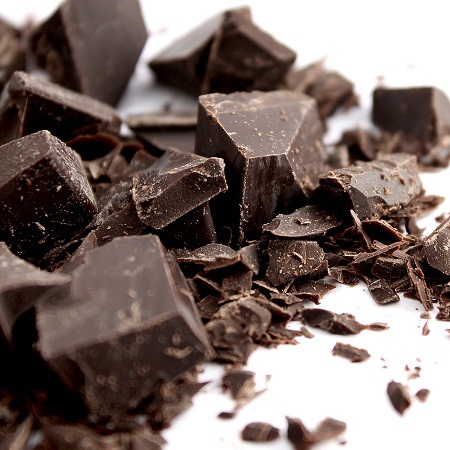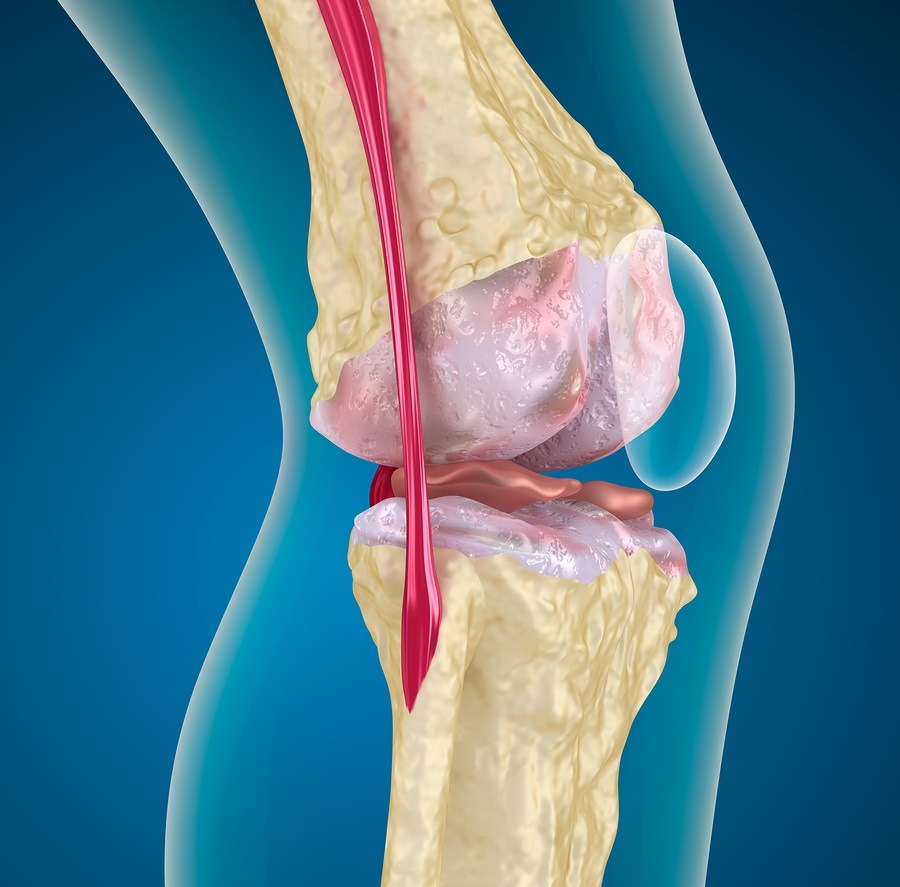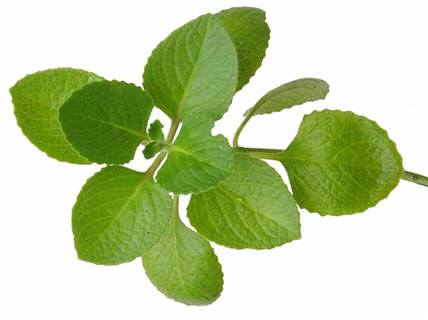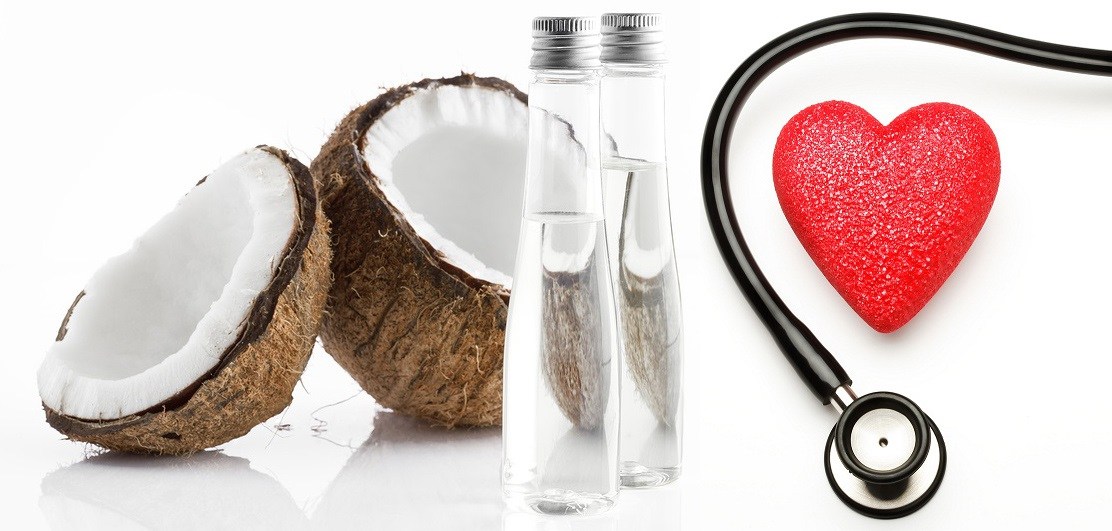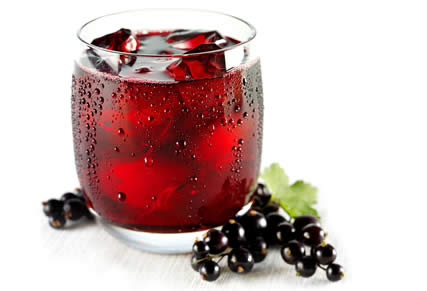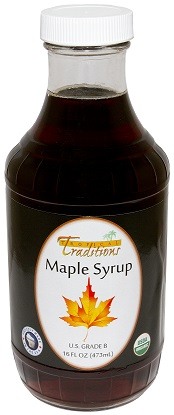Study: Antioxidants in Virgin Coconut Oil Counteract Environmental Pollutants and Improve Cardiovascular Health
A new study published in Avicenna Journal of Phytomedicine sheds further light on how coconut oil, virgin coconut oil in particular, enhances cardiovascular health, in direct contradiction to the U.S. government claims that coconut oil leads to heart disease. As is to be expected, much of the research published in peer-reviewed journals showing that coconut oil enhances heart health in recent years has been conducted outside the U.S., in tropical cultures where coconuts grow. These countries are finding out for themselves that they have been misled by U.S. policy that condemns their native diets which includes coconuts and coconut oil. This current study conducted in Nigeria looked at the pathogenic role of cadmium (Cd) and its exposure in the induction of dyslipidemia implicated in the development and increasing incidence of cardiovascular diseases, and explored whether polyphenolics isolated from virgin coconut oil (VCO) could prevent Cd-induced dyslipidemia. The researchers concluded: "The co-administration of VCO polyphenol with Cd remarkably restored lipid profile and cardiovascular risk ratios and stabilized antioxidant defense systems comparable to control group. This is the first study presenting that polyphenols isolated from VCO prevent Cd-induced lipid abnormalities and cardiovascular risk ratios by improving antioxidant defense systems."




